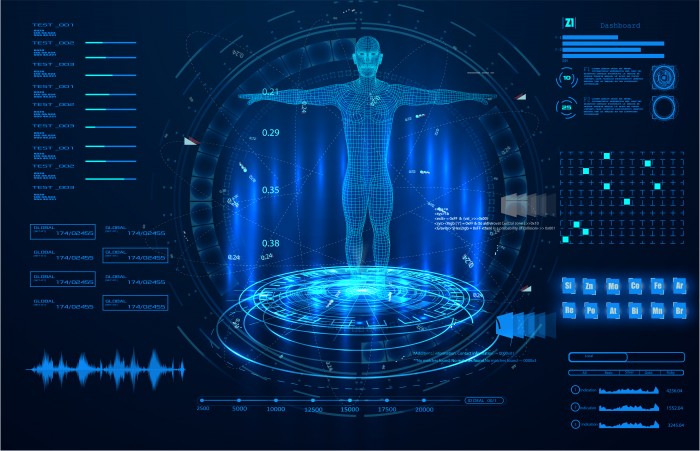NJ Health System Implements AI Imaging Tool to Improve Health Outcomes
New Jersey-based Atlantic Health System has partnered with Aidoc to deploy an AI tool to bolster medical imaging.

Source: Getty Images
- Atlantic Health System and New York-based artificial intelligence healthcare solutions company Aidoc have announced a partnership to implement an AI imaging solution to help physicians expedite care and enhance health outcomes.
Aidoc’s AI solutions allow clinicians to triage CT scans and receive alerts related to critical situations, such as brain hemorrhage, pulmonary embolism, cervical spine fracture, rib fracture, and bowel injury.
"Radiologists must consider a multitude of data and other factors when interpreting a study and making a diagnosis, ranging from normal anatomy to different disease processes," said Devon A. Klein, MD, chairman of radiology and radiation oncology at Atlantic Health System's Overlook Medical Center in the press release. "Having a tool to assist in these considerations is an enormous advantage in these scenarios. When patients are depending on us to quickly identify areas of concern that may need more immediate treatment, every moment becomes even more precious."
Atlantic Health System has implemented Aidoc’s AI tool across each of its medical centers to enhance critical care, shorten length of stay, and improve patient outcomes.
This partnership comes soon after WellSpan York Hospital collaborated with Aidoc to use AI to flag imaging abnormalities.
Aidoc’s AI tool can report findings from an image scan within two to six minutes, and flag urgent findings for radiologists to review, according to the press release.
WellSpan announced plans to implement Aidoc’s AI system in multiple locations throughout its network, including Ephrata Community Hospital and Good Samaritan Hospital.
Other types of AI imaging solutions are also being developed to improve patient outcomes.
Researchers from UPMC and the University of Pittsburgh School of Medicine recently created a DL algorithm capable of predicting outcomes in severe traumatic brain injury patients. The model analyzes admission CT scans and patients’ clinical data to predict six-month mortality and other unfavorable outcomes.
The researchers stated that their work shows the value of AI as a tool for clinical decision-making and improved health outcomes in brain injury care.
In addition, research shows that utilizing swarm learning (SL) in conjunction with medical imaging could bolster cancer research.
A study published in Nature last month showed that SL models could predict cancer biomarkers with more accuracy than other types of AI. Three SL models were designed for the molecular classification of solid tumors based on histopathology images and were trained using large datasets from three separate patient cohorts. The models’ performances were compared to those of locally trained AI models and a merged model.
